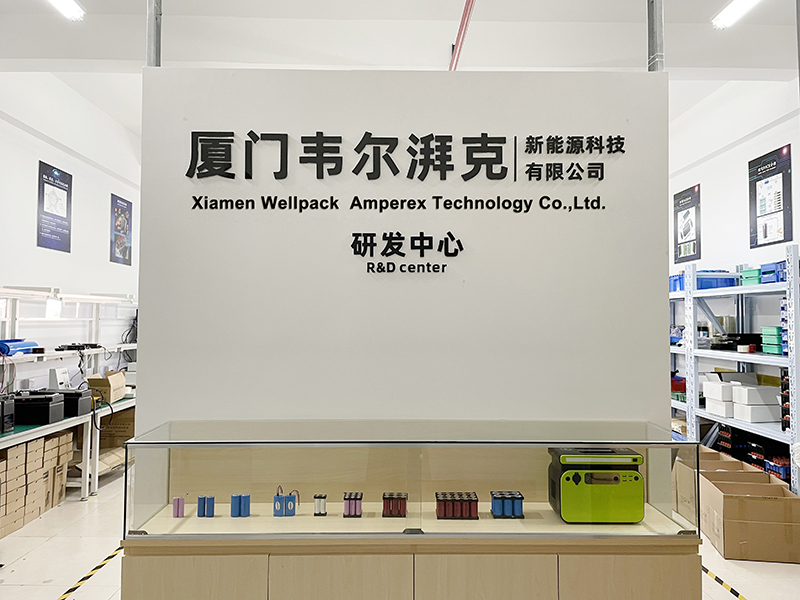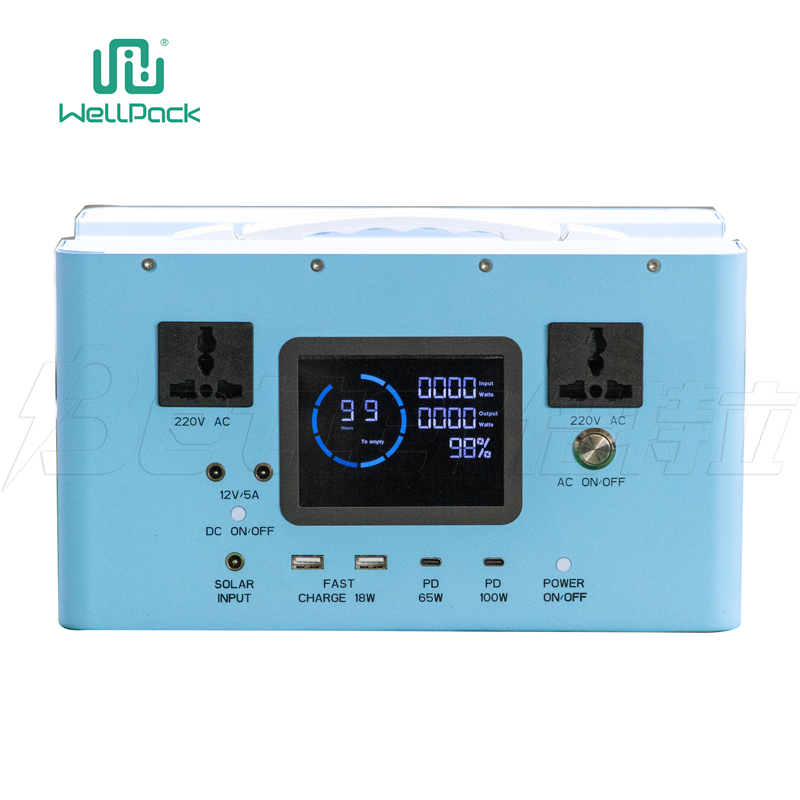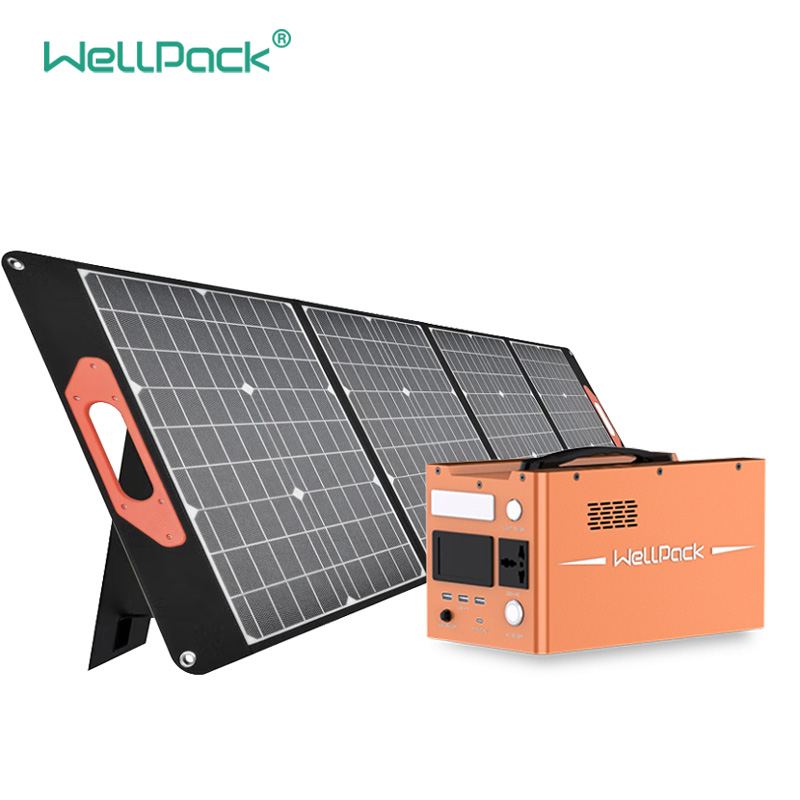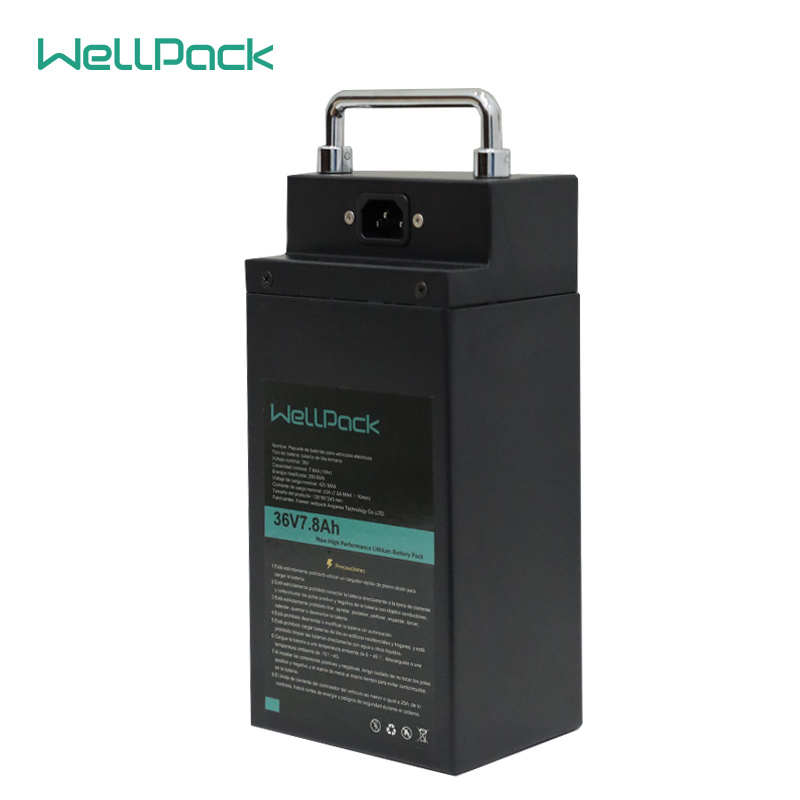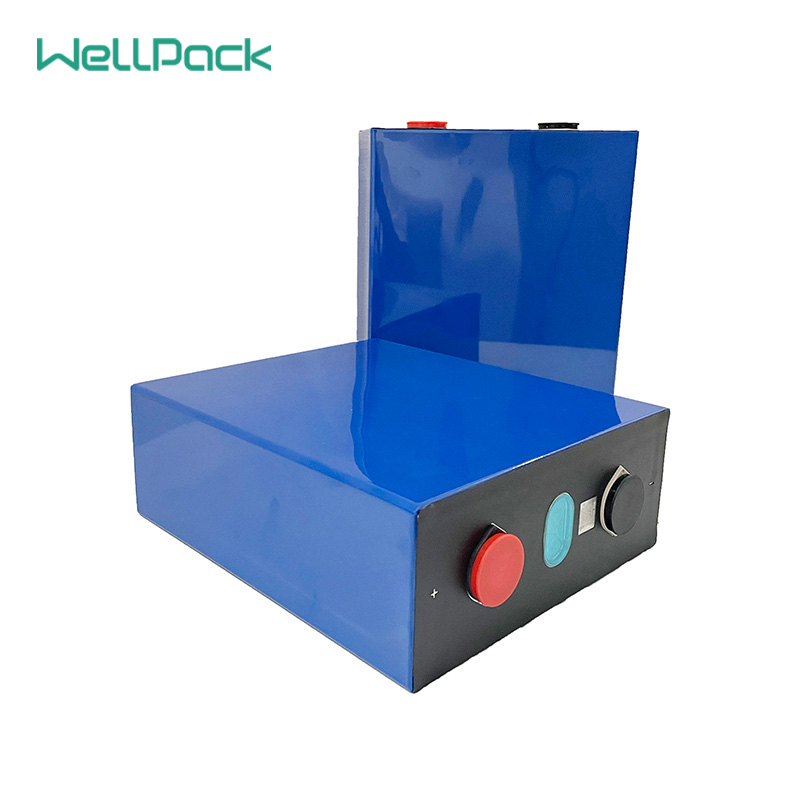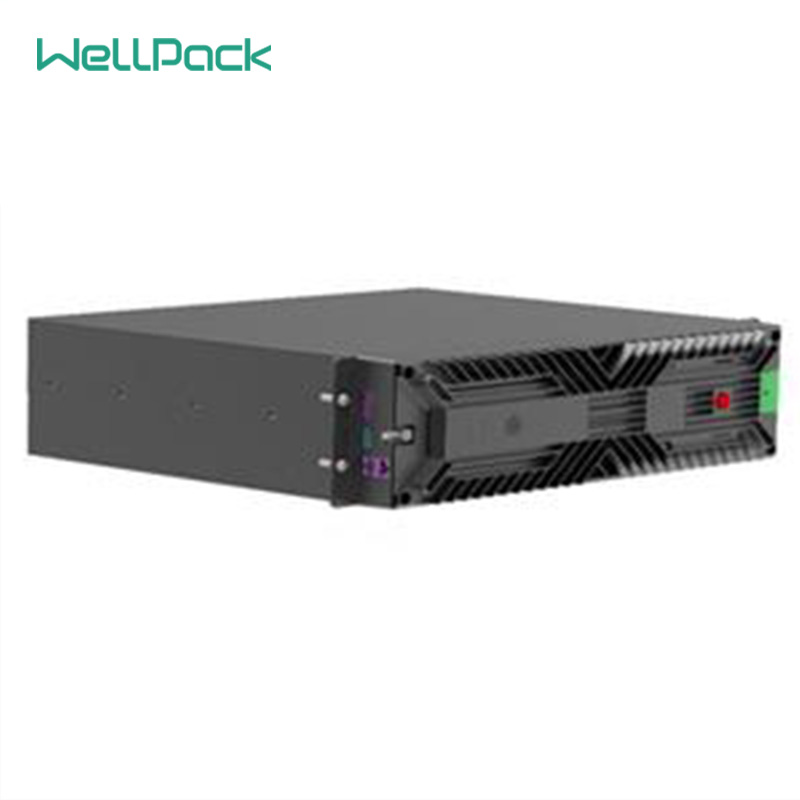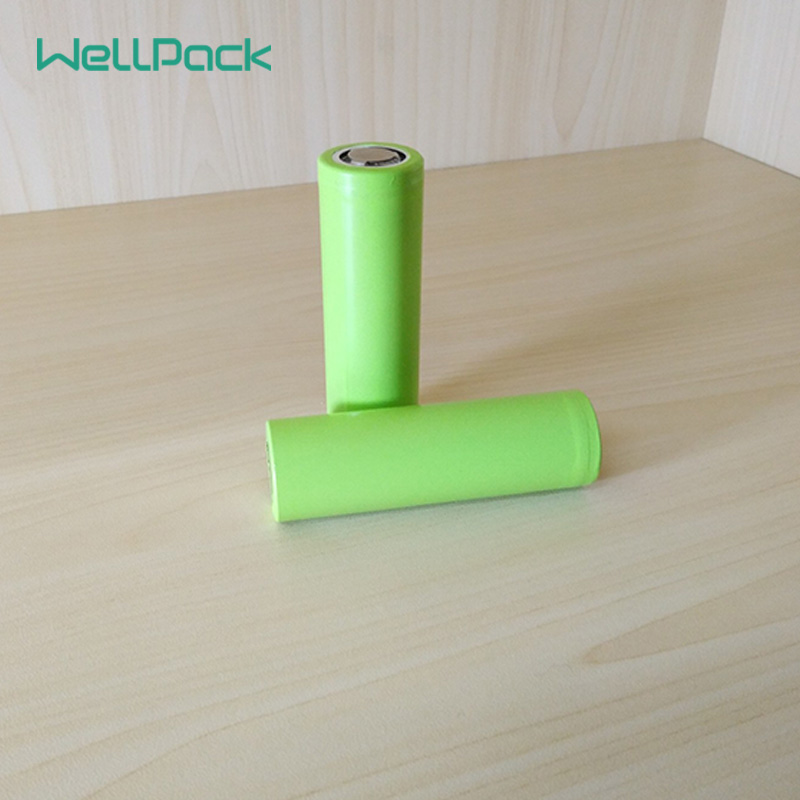The realm of energy storage is marked by rapid advancements, with LiFePO4 and lithium-ion batteries emerging as dominant contenders. While both technologies harness the power of lithium, their distinct chemical compositions and structural differences result in varying performance characteristics, lifespans, and costs. This comprehensive guide will delve into the intricacies of each battery type, enabling you to make informed decisions based on your specific needs and budget.
Differences between LiFePO4 and Lithium-Ion Batteries
At the core of these batteries lies lithium, but their dissimilarities stem from their cathode materials and structural variations.
Cathode Composition: LiFePO4 batteries employ lithium iron phosphate as their cathode material, whereas lithium-ion batteries utilize a combination of lithium and other metal oxides.
Energy Density: Lithium-ion batteries generally boast higher energy density, allowing them to pack more energy into a smaller physical space. Conversely, LiFePO4 batteries exhibit lower energy density but compensate with other strengths.
Cycle Life: A key differentiator is lifespan. LiFePO4 batteries excel in this domain, enduring thousands of charge-discharge cycles without significant capacity degradation. Lithium-ion batteries typically exhibit a shorter lifespan.
Safety: LiFePO4 batteries are renowned for their inherent safety. Their stable chemical composition minimizes the risk of thermal runaway, fires, and explosions. Lithium-ion batteries, while generally safe, have a higher propensity for these issues under specific conditions.
Cost: Historically, lithium-ion batteries have been more affordable. However, the price gap is narrowing as LiFePO4 production scales. While the upfront cost of a LiFePO4 battery might be higher, its longer lifespan can offset this over time, making it a more cost-effective option in the long run.
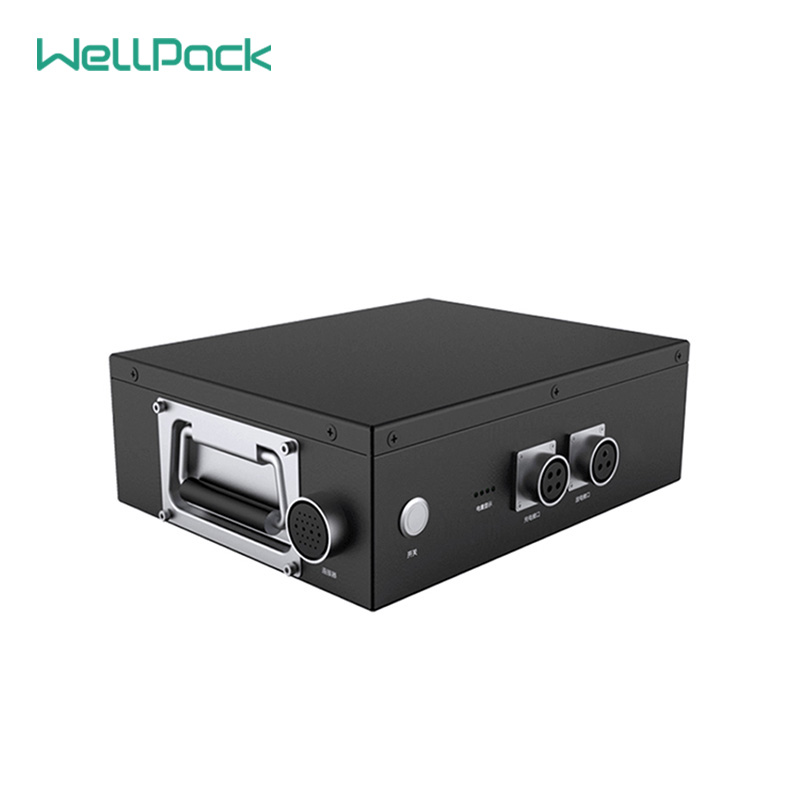
Advantages and Disadvantages of LiFePO4 Batteries
LiFePO4 batteries offer a compelling blend of safety, longevity, and performance, making them suitable for various applications.
Advantages:
Exceptional lifespan: Their ability to withstand numerous charge-discharge cycles translates to long-term cost-effectiveness and reduced environmental impact.
Enhanced safety: The inherent stability of LiFePO4 chemistry significantly minimizes the risk of thermal runaway and related hazards.
Wide operating temperature range: These batteries can function efficiently in extreme temperature conditions, expanding their applicability.
Consistent performance: LiFePO4 batteries deliver reliable power output throughout their lifespan.
Disadvantages:
Lower energy density: Compared to lithium-ion, LiFePO4 batteries store less energy in the same physical volume.
Higher initial cost: While the upfront cost of a LiFePO4 battery is generally higher than a lithium-ion battery, its longer lifespan can offset this over time. The lifepo4 battery price may seem higher initially, but the long-term savings can be substantial.
Advantages and Disadvantages of Lithium-Ion Batteries
Lithium-ion batteries have dominated consumer electronics and portable devices due to their high energy density and performance.
Advantages:
High energy density: Lithium-ion batteries excel at packing a significant amount of energy into a compact space.
High power output: They can deliver high discharge rates, ideal for applications demanding bursts of power.
Lower initial cost: Historically, lithium-ion batteries have been more affordable. The lithium ion battery price has been more competitive.
Disadvantages:
Shorter lifespan: Compared to LiFePO4, lithium-ion batteries exhibit a shorter cycle life, requiring more frequent replacements.
Safety concerns: While improvements have been made, lithium-ion batteries remain susceptible to thermal runaway and fires under specific conditions.
Temperature sensitivity: Extreme temperatures can negatively impact the performance and lifespan of lithium-ion batteries.
Conclusion
Selecting the right battery technology depends on your specific needs and priorities. LiFePO4 batteries excel in safety, longevity, and performance, making them ideal for applications requiring long-term reliability. While the lifepo4 battery price might be higher upfront, its long-term cost-effectiveness can be advantageous. Lithium-ion batteries, with their high energy density and power output, remain the preferred choice for portable electronics and electric vehicles where weight and size are critical factors. However, the lithium ion battery price might be more attractive initially.
By carefully considering the factors discussed in this article, including the lifepo4 battery price and lithium ion battery price, you can make an informed decision that aligns with your requirements.
Need help choosing the perfect battery for your project? Contact our battery experts today for a personalized consultation and to discuss the latest lifepo4 battery price and lithium ion battery price. We'll assess your specific needs and recommend the ideal solution.
